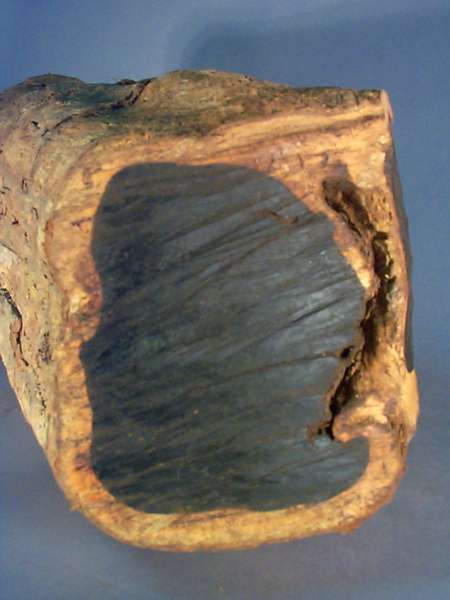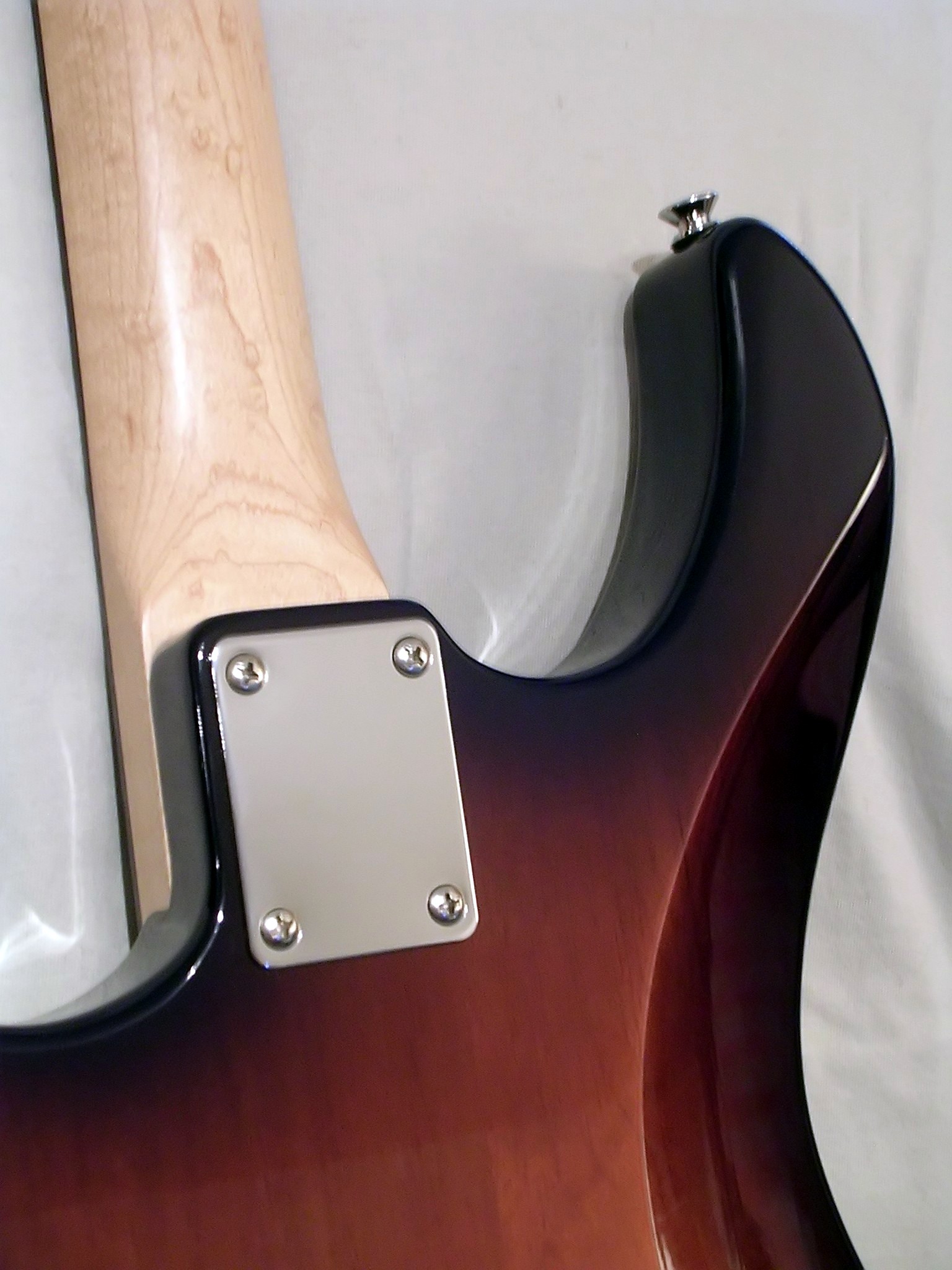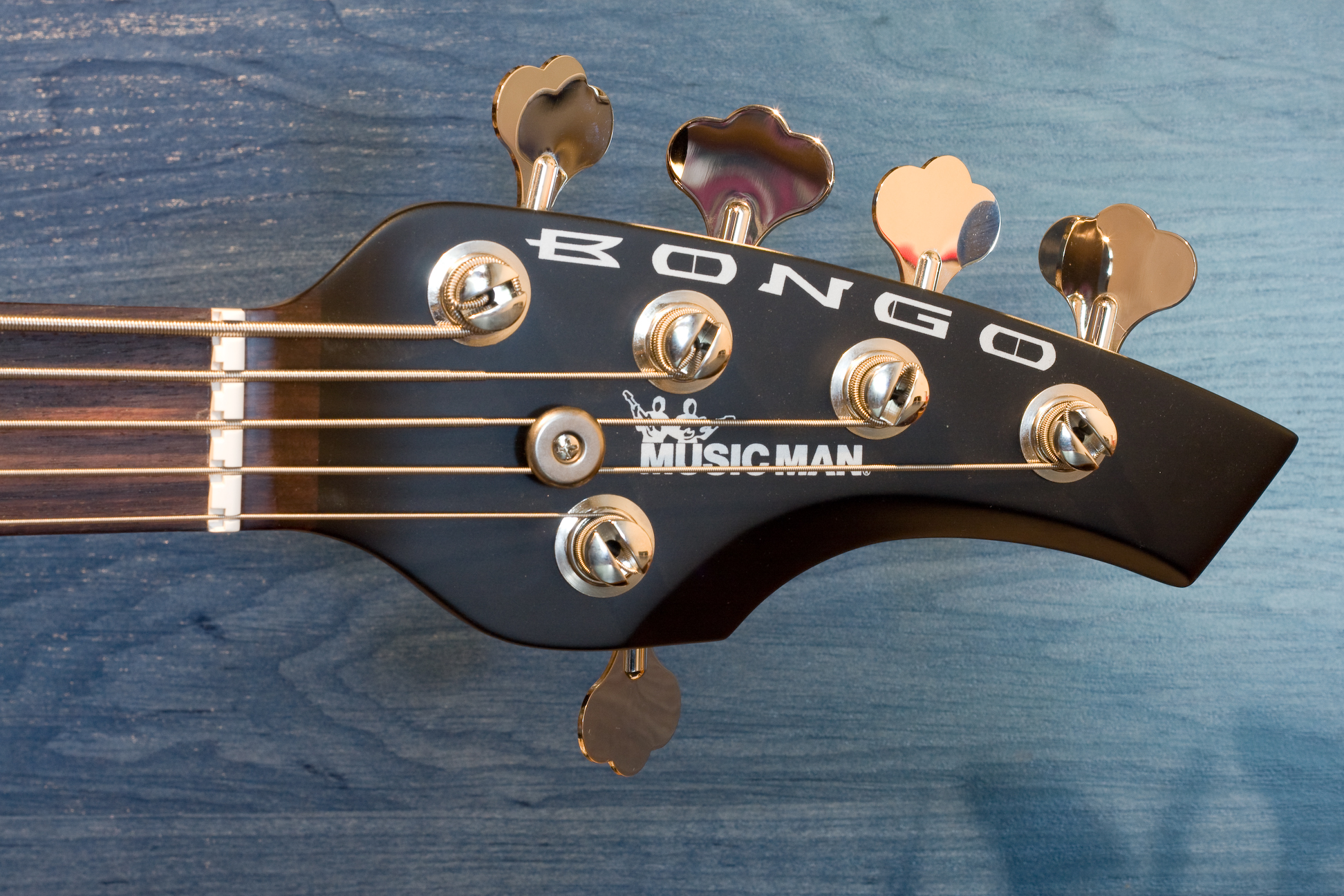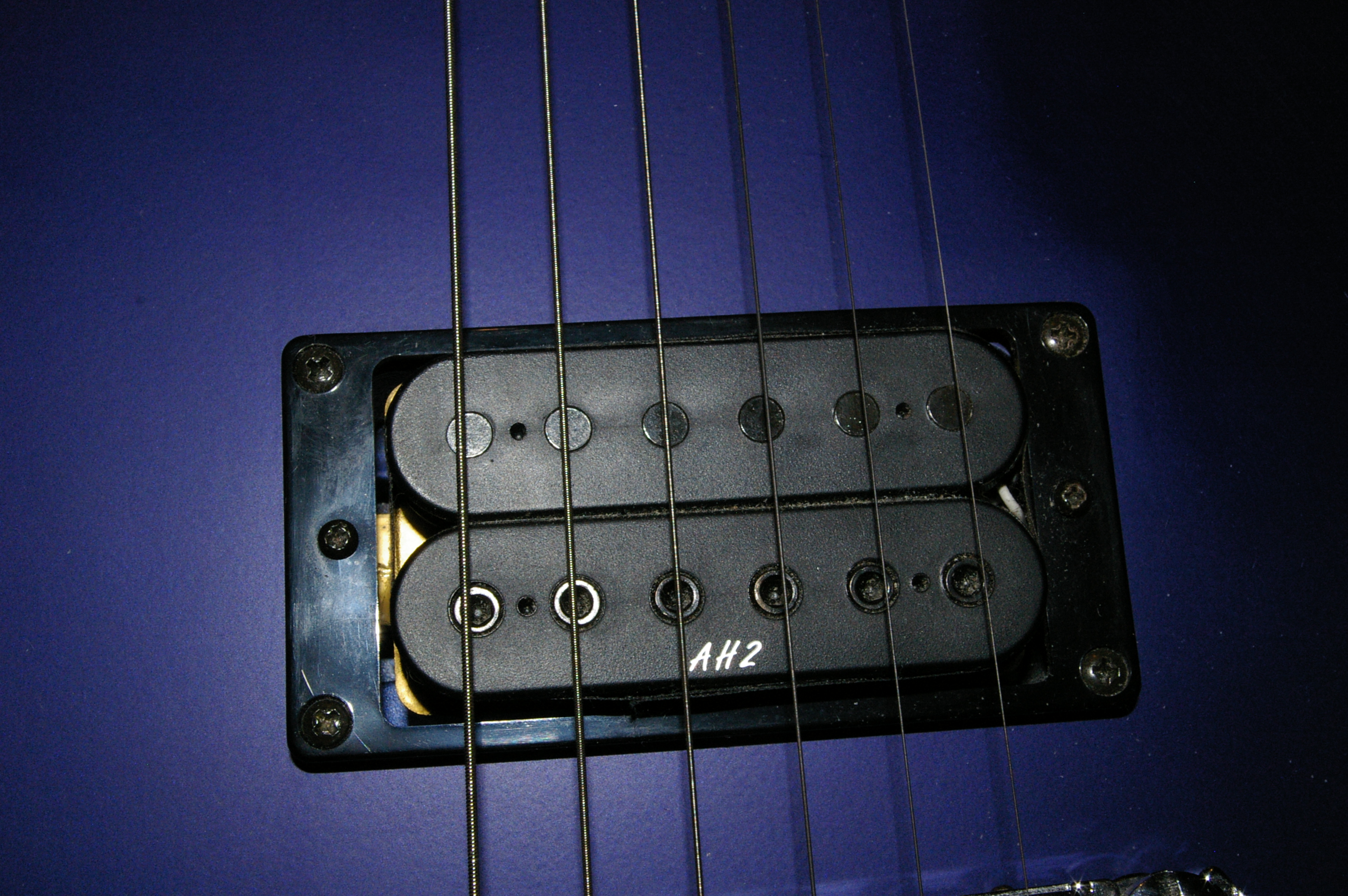|
Elite Stratocaster
The Fender Elite Stratocaster is an electric solid body guitar that was manufactured by Fender in 1983 and 1984. The name was revived from 2016 to 2019 with the Fender American Elite Stratocaster Series. History The Elite Stratocaster was introduced in 1983. It started life as a USA-made model until 1985, when production was moved to Japan (Fujigen Gakki) before being finally discontinued in 1987. It served as a template for the Eric Clapton signature model of 1988. The Elite Strat featured Paul Gagon-designed active electronics, three alnico 2 single coil pickups with an internal dummy coil for noise reduction, Schaller cast-sealed locking tuners, "Free Flyte" floating tremolo, Ox bone nut and three push buttons allowing 7 pickup combinations. Two of the few players of the Elite model are Ty Tabor of King's X, who used this guitar to record the first four albums of that band (his gear setup still retains the preamp from the guitar, now rackmounted) and blues/rock guitarist Jeff F ... [...More Info...] [...Related Items...] OR: [Wikipedia] [Google] [Baidu] |
Fender Musical Instruments Corporation
The Fender Musical Instruments Corporation (FMIC, or simply Fender) is an American manufacturer of instruments and amplifiers. Fender produces acoustic guitars, bass amplifiers and public address equipment, however it is best known for its solid-body electric guitars and bass guitars, particularly the Stratocaster, Telecaster, Jaguar, Jazzmaster, Precision Bass, and the Jazz Bass. The company was founded in Fullerton, California by Clarence Leonidas "Leo" Fender in 1946. Its headquarters are in Los Angeles, California. The FMIC is a privately held corporation, with Andy Mooney serving as the Chief Executive Officer (CEO). The company filed for an initial public offering in March 2012, but this was withdrawn five months later. In addition to its Los Angeles headquarters, Fender has manufacturing facilities in Corona, California (US) and Ensenada, Baja California (Mexico). As of July 10, 2012, the majority shareholders of Fender were the private equity firm of Weston P ... [...More Info...] [...Related Items...] OR: [Wikipedia] [Google] [Baidu] |
Maple
''Acer'' () is a genus of trees and shrubs commonly known as maples. The genus is placed in the family Sapindaceae.Stevens, P. F. (2001 onwards). Angiosperm Phylogeny Website. Version 9, June 2008 nd more or less continuously updated since http://www.mobot.org/MOBOT/research/APweb/. There are approximately 132 species, most of which are native to Asia, with a number also appearing in Europe, northern Africa, and North America. Only one species, ''Acer laurinum'', extends to the Southern Hemisphere.Gibbs, D. & Chen, Y. (2009The Red List of Maples Botanic Gardens Conservation International (BGCI) The type species of the genus is the sycamore maple, '' Acer pseudoplatanus'', the most common maple species in Europe.van Gelderen, C. J. & van Gelderen, D. M. (1999). ''Maples for Gardens: A Color Encyclopedia'' Maples usually have easily recognizable palmate leaves ('' Acer negundo'' is an exception) and distinctive winged fruits. The closest relatives of the maples are the horse c ... [...More Info...] [...Related Items...] OR: [Wikipedia] [Google] [Baidu] |
CITES
CITES (shorter name for the Convention on International Trade in Endangered Species of Wild Fauna and Flora, also known as the Washington Convention) is a multilateral treaty to protect endangered plants and animals from the threats of international trade. It was drafted as a result of a resolution adopted in 1963 at a meeting of members of the International Union for Conservation of Nature (IUCN). The convention was opened for signature in 1973 and CITES entered into force on 1 July 1975. Its aim is to ensure that international trade (import/export) in specimens of animals and plants included under CITES, does not threaten the survival of the species in the wild. This is achieved via a system of permits and certificates. CITES affords varying degrees of protection to more than 38,000 species. , Secretary-General of CITES is Ivonne Higuero. Background CITES is one of the largest and oldest conservation and sustainable use agreements in existence. There are three working langu ... [...More Info...] [...Related Items...] OR: [Wikipedia] [Google] [Baidu] |
Ebony
Ebony is a dense black/brown hardwood, coming from several species in the genus ''Diospyros'', which also contains the persimmons. Unlike most woods, ebony is dense enough to sink in water. It is finely textured and has a mirror finish when polished, making it valuable as an ornamental wood. The word ''ebony'' comes from the Ancient Egyptian ', through the Ancient Greek ('), into Latin and Middle English. Species Species of ebony include ''Diospyros ebenum'' (Ceylon ebony), native to southern India and Sri Lanka; '' D. crassiflora'' (Gabon ebony), native to western Africa; and '' D. celebica'' (Sulawesi ebony), native to Indonesia and prized for its luxuriant, multi-colored wood grain. Mauritius ebony, '' D. tessellaria'', was largely exploited by the Dutch in the 17th century. Some species in the genus yield an ebony with similar physical properties, but striped rather than the even black of ''D. ebenum''. Uses Ebony has a long history of use, and carved pieces have be ... [...More Info...] [...Related Items...] OR: [Wikipedia] [Google] [Baidu] |
Bolt-on Neck
Bolt-on neck is a method of guitar (or similar stringed instrument) construction that involves joining a guitar neck and body using screws or bolts, as opposed to glue and joinery as with set-in neck joints. Methods The "bolt-on" method is used frequently on solid body electric guitars and on acoustic flattop guitars. In the typical electric guitar neck joint, the body and neck cross in horizontal plane, the neck is inserted in a pre-routed "pocket" in the body, and they are joined using four or sometimes three (rarely, five or more) screws. As the pressure of screw heads damages the wood surfaces, and the undistributed stress could put the instrument body at structural risk, typically a rectangular metal plate (or a pair of smaller plates) is used to secure the joint and re-distribute the screw pressure more evenly. Such a plate is usually criticized for making playing on top frets uncomfortable, so manufacturers sometimes employ some kind of more intricate method to hide a ... [...More Info...] [...Related Items...] OR: [Wikipedia] [Google] [Baidu] |
Swamp Ash
Swamp ash is a common name for several North American trees in the genus ''Fraxinus'' which may grow in swamps and other wetlands. The wood of swamp ashes is relatively low in density and is used in the construction of musical instruments, particularly electric guitars. Swamp ash may refer to: *''Fraxinus caroliniana'', native to the southeastern United States and Cuba *''Fraxinus nigra'', native to the northeastern United States and eastern Canada *''Fraxinus pennsylvanica'', broadly distributed in North America east of the Rocky Mountains , climate change In common usage, climate change describes global warming—the ongoing increase in global average temperature—and its effects on Earth's climate system. Climate change in a broader sense also includes previous long-term changes to E ... is creating a shortage of swamp ash suitable for making electric guitars. References Plant common names {{Lamiales-stub ... [...More Info...] [...Related Items...] OR: [Wikipedia] [Google] [Baidu] |
Nut (string Instrument)
A nut, on a stringed musical instrument, is a small piece of hard material that supports the strings at the end closest to the headstock or scroll. The nut marks one end of the vibrating length of each open string, sets the spacing of the strings across the neck, and usually holds the strings at the proper height from the fingerboard. Along with the bridge, the nut defines the scale lengths (vibrating length) of the open strings. The nut may be made of ebony, ivory, cow bone, brass, Corian or plastic, and is usually notched or grooved for the strings. The grooves are designed to lead the string from the fingerboard to the headstock or pegbox in a smooth curve, to prevent damage to the strings or their windings. Bowed string instruments in particular benefit from an application of soft pencil graphite in the notches of the nut, to preserve the delicate flat windings of their strings. Etymology The word may have come from the German ''Nut'' (pronounced "noot"), meaning ''groove'' ... [...More Info...] [...Related Items...] OR: [Wikipedia] [Google] [Baidu] |
Fingerboard
The fingerboard (also known as a fretboard on fretted instruments) is an important component of most stringed instruments. It is a thin, long strip of material, usually wood, that is laminated to the front of the neck of an instrument. The strings run over the fingerboard, between the nut and bridge. To play the instrument, a musician presses strings down to the fingerboard to change the vibrating length, changing the pitch. This is called '' stopping'' the strings. Depending on the instrument and the style of music, the musician may pluck, strum or bow one or more strings with the hand that is not fretting the notes. On some instruments, notes can be sounded by the fretting hand alone, such as with hammer ons, an electric guitar technique. The word "fingerboard" in other languages sometimes occurs in musical directions. In particular, the direction ''sul tasto'' (Ital., also ''sulla tastiera'', Fr. ''sur la touche'', G. ''am Griffbrett'') for bowed string instruments to play ... [...More Info...] [...Related Items...] OR: [Wikipedia] [Google] [Baidu] |
Fender Noiseless Pickups
The Fender Noiseless™ series is a line of electric guitar pickups made by the Fender Musical Instruments Corporation designed to cancel 60 cycle (Hz) hum noise while retaining the characteristic sound of single coil pickups. Introduced in 1998, these pickups consists of a pair of single coils stacked one on top of the other, compacted so as to match the shape and width space as a traditional Fender single coil guitar pickup, while being only slightly taller. The upper coil is actually the sound source, while the lower coil is responsible for the 60-cycle hum attenuation. Alnico V magnetic bars span from one coil to the other, crossing a soft ferrous steel spacer plate that isolates them, without touching it. The spacer plate has mainly two functions: to isolate the lower coil from the vibrations of the string, making sure that the sound is picked up only from the upper one, and to increase the magnetic flux that passed through both coils, increasing the output of the picku ... [...More Info...] [...Related Items...] OR: [Wikipedia] [Google] [Baidu] |
Eric Clapton
Eric Patrick Clapton (born 1945) is an English rock and blues guitarist, singer, and songwriter. He is often regarded as one of the most successful and influential guitarists in rock music. Clapton ranked second in ''Rolling Stone''s list of the " 100 Greatest Guitarists of All Time" and fourth in Gibsons "Top 50 Guitarists of All Time". He was also named number five in ''Time'' magazine's list of "The 10 Best Electric Guitar Players" in 2009. After playing in a number of different local bands, Clapton joined the Yardbirds in 1963, replacing founding guitarist Top Topham. Dissatisfied with the change of the Yardbirds sound from blues rock to a more radio-friendly pop rock sound, Clapton left in 1965 to play with John Mayall & the Bluesbreakers. On leaving Mayall in 1966, after one album, he formed the power trio Cream with drummer Ginger Baker and bassist Jack Bruce, in which Clapton played sustained blues improvisations and "arty, blues-based psychedelic pop". After Cream br ... [...More Info...] [...Related Items...] OR: [Wikipedia] [Google] [Baidu] |
Humbucker
A humbucking pickup, humbucker, or double coil, is a type of guitar pickup that uses two wire coils to cancel out the noisy interference picked up by coil pickups. In addition to electric guitar pickups, humbucking coils are sometimes used in dynamic microphones to cancel electromagnetic hum. Humbuckers are one of the two main types of guitar pickup, the other being single coil. History The "humbucking coil" was invented in 1934 by Electro-Voice, an American professional audio company based in South Bend, Indiana that Al Kahn and Lou Burroughs incorporated in 1930 for the purpose of manufacturing portable public address equipment, including microphones and loudspeakers. The twin coiled guitar pickup invented by Arnold Lesti in 1935 is arranged as a humbucker, and the patent USRE20070 describes the noise cancellation and current summation principles of such a design. This "Electric Translating Device" employed the solenoid windings of the pickup to magnetize the steel strin ... [...More Info...] [...Related Items...] OR: [Wikipedia] [Google] [Baidu] |
Single-coil
A single coil pickup is a type of magnetic transducer, or pickup, for the electric guitar and the electric bass. It electromagnetically converts the vibration of the strings to an electric signal. Single coil pickups are one of the two most popular designs, along with dual-coil or "humbucking" pickups. History Beauchamp In the mid-1920s George Beauchamp, a Los Angeles, California guitarist, began experimentation with electric amplification of the guitar. Originally using a phonograph pickup assembly, Beauchamp began testing many different combinations of coils and magnets trying to create the first electromagnetic guitar pickup. His earliest coils were wound using a motor from a washing machine. Later on he switched to a sewing machine motor, and eventually used single coiled magnets. Beauchamp was backed in his efforts by Adolph Rickenbacker, an engineer and wealthy owner of a successful tool and die business. Beauchamp eventually produced the first successful single ... [...More Info...] [...Related Items...] OR: [Wikipedia] [Google] [Baidu] |








